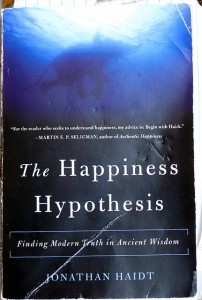Growing opposition to Obama’s Tax Haven clampdown
Opposition to President Obama's plans to close the fiscal loophole of Tax Haven's is under increasing pressure from business, lobbyists, and the media. You can be sure many Senators and Congressmen, worried about their campaign contributions in the run up to 2010, will be conveying this sense of alarm to the President. Bloomberg ran with a story this morning, quoting some very influential Democrats including Senate Finance Committee Chairman Max Baucus, Representative Joseph Crowley, a Democrat on the tax-writing House Ways and Means Committee, and Senator Barbara Boxer. This latest attack follows a lot of negative, primarily republican generated, commentary since last Monday, including the expected outrage from the Republican caucus and their media friends (particularly Fox). One of the most telling, however, was a seemingly innocent comment from CNBC's Erin Burnett, during an interview on Morning Joe last week. She basically said that 'avoiding taxes' is a perfectly acceptable and legal practice and is basically the fault of our 35% corporate tax rate. To Ms Burnett, and all of the other people who think that tax avoidance is perfectly acceptable, I'll share another quote that I discovered while following this story - posted on a discussion thread
"My Lords, of recent years much ingenuity has been expended in certain quarters in attempting to devise methods of disposition of income by which those who were prepared to adopt them might enjoy the benefits of residence within this country while receiving the equivalent of such income without sharing in the appropriate burden of British taxation. Judicial dicta may be cited which may point out that, however elaborate and artificial such methods may be, those who adopt them are "entitled" to do so. There is, of course, no doubt they are within their legal rights, but that is no reason why their effort, or those of the professional gentlemen who assist them in the matter, should be regarded as a commendable exercise of ingenuity or as a discharge of the duties of good citizenship."Video and more details after the fold
Lord Simon, L.C., Latilla v Inland Revenue Commissioners (1943)


